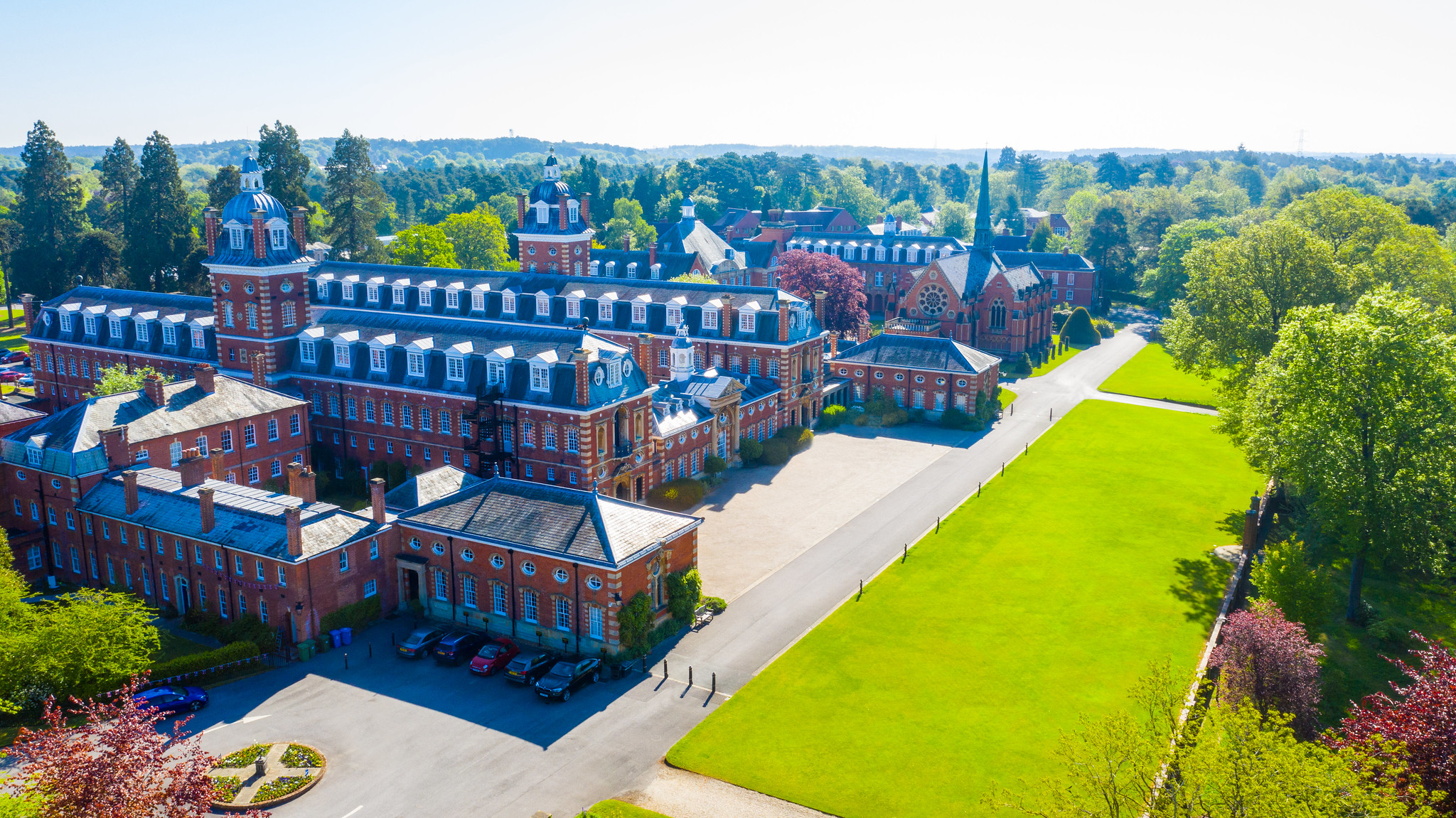Choosing A Levels
- It is hard to define unique characteristics of an A Level pupil as opposed to an IB pupil.
- A Level pupils by their nature will most likely choose three subjects. As a result, A Level pupils take a deep dive into the subjects that they study. A Level pupils are likely to have a focussed set of subjects that they are passionate about.
- The benefit of the A Level curriculum is to be able to focus on your chosen area. Beyond that, however, the course of study may be very different between any two A Level pupils. One student might be an aspiring medic (perhaps studying Biology, Chemistry and Maths); another might be a budding classicist (Latin, Greek, Ancient History and/or Philosophy). A pupil might be keen on performing arts (Dance, Drama and perhaps English) or physical sciences (Maths, Further Maths, Physics, Chemistry). The skills and characteristics of each of these pupils is likely to vary according to their course of study, however, one over-arching characteristic of a successful A Level pupil will be a passion for their chosen subject area.
- For those looking Stateside for their Higher Education options, be reassured that plenty of Wellingtonians go on to study in the US having completed A Levels as opposed to the IB. That said, it is recommended to complete four A Levels choosing the most rigorous subjects that play to your passions.
- When choosing A Levels it can help to think about how the skills that are developed within one subject might support the other subjects in their portfolio. The subject choices given as examples earlier, all had a common theme to them. Some subjects will involve language skills (classical and modern languages), others involve maths skills (maths and sciences). Social Sciences (e.g. Economics, Politics) may link well with humanities subjects (e.g. History, Geography, Philosophy) which in turn involve essay writing skills which might link well with English. Arts subjects (Art, Dance, Drama, Music) will require an ability to perform and create in that discipline, but also the ability to analyse material within that discipline.
- On the other hand, if a pupil attempts to keep their options open by choosing a disparate set of options, they will most likely find this to be a flawed strategy. Perhaps a pupil really enjoyed Physics at GCSE and half think about engineering as a future career but they don’t wish to study Maths or another science. As most engineering degrees would require maths as part of the offer, this possibility has already been closed off.
- With thirty different subjects on offer, there is a broad choice to allow pupils to pursue a set of subjects that is the best fit for them. The subjects that are offered are listed in the table below (although all subjects would be offered subject to demand).
| Ancient History | Further Maths |
| Art | Geography |
| Art History | German |
| Art Textiles | History |
| Biology | Latin |
| Business | Maths |
| Chemistry | Music |
| Classical Greek | Music Technology |
| Computer Science | PE |
| Dance | Philosophy |
| Design Engineering | Photography |
| Drama | Physics |
| Economics | Politics |
| English | Product Design |
| French | Spanish |
What is the EPQ?
The Extended Project Qualification (EPQ) is an independent project designed to allow students to engage with a subject about which they are passionate and to develop research and project management skills.
There are four different types of project that can be undertaken: a dissertation, an investigation, an artefact or a performance.
For the dissertation, students conduct research using secondary sources to answer a discussion-based question. Past titles have been as varied as ‘Was the French Revolution a purely class-based revolution?’ to ‘Can we create a green hydrogen economy by 2030?’.
Students who carry out an investigation must conduct their own, primary research to generate the data to answer their question. This could be scientific research that is conducted in a school laboratory, or it could involve the collection of interview or survey data. Students have conducted microbial investigations in the Biology department to find out whether mushroom extracts can reduce the damaging effects of antibiotics on the gut microbiome, whilst others have carried out surveys to establish whether social media is damaging teenagers’ mental health.
The artefact option allows students to design and produce something that is either functional or creative. Past artefacts have included play scripts, graphic novels, computer code and pieces of furniture. These artefacts are accompanied by a report outlining the research that informed the design and development of the final product.
Finally, for students whose interest lies in music, dance or drama, a live piece can be designed and staged for an audience as part of the performance option.
In addition to allowing students to develop research skills and extend their knowledge beyond their A Level subjects, the EPQ can enhance a university application by demonstrating an in-depth interest in a topic that aligns with their university course.








